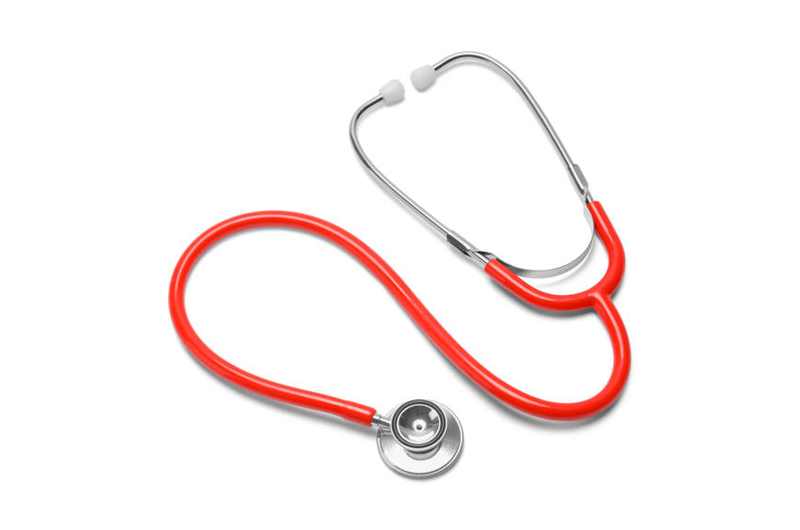
The acute need is the main driving force of the progress, and health is no exception. Some American hospitals already use special medical platforms available on smartphones and tablets, which allow patients to study their medical history, see all the prescriptions of doctors and, if necessary, talk with a specialist online in a dedicated chat. However, these aren’t the only benefits that new technology can give science. More and more medical devices are being refined and advanced, including even such simple things as a stethoscope, which this article is about. So let’s figure what a stethoscope is and how to use it properly. For more tips, you can read this post: https://www.bestadvisor.com/how-to/how-to-use-a-stethoscope.
Best Non-Invasive Diagnostic Methods
The more data about the patient’s condition, the more accurate the diagnosis and the more effective the treatment. The future of medicine will be based on systems of continuous data collection – registration of physiological parameters, such as temperature, heart rate, blood pressure, and blood composition. In the ideal future, such systems will be fully or partially non-invasive – that is, to use them, the doctor will not need to pierce or cut the skin.
Every year, scientists offer several dozens of concepts of non-invasive gadgets for monitoring physiological parameters. The most impressive are:
- T-shirt, which measures the frequency of inhalation and exhalation and allows you to quickly diagnose asthma;
- sensors of alcohol, salt, and sugar in the form of stickers for teeth or miniature subcutaneous implants;
- video recognition algorithms that can notice lameness or a sudden decrease in mobility — such are suggested to be used to monitor the condition of elderly patients with neurodegenerative diseases, Alzheimer’s and Parkinson’s diseases.
The stethoscope belongs to non-invasive methods, but its use can become even smarter and more technological.
What Will the Stethoscope Be in the Future?
The future multifunctional stethoscope is an ultrasound compact system. Experts believe that soon the usual stethoscope will be forgotten. A kind of compact ultrasonic device that looks like a smartphone should come to replace this device. The new system can already diagnose problems with the intestines, heart, lungs, blood flow, and this is done much faster and more accurately than with a stethoscope. This was written in The Sydney Morning Herald.
How the Device Works
Stethoscope, as is known, was invented in 1816 in France, and today this device is morally obsolete. The stethoscope was originally supposed to help the heartbeat in obese patients. Today, ultrasound allows the doctor to perform a study of the structure of soft tissues and blood flow in a particular area.
What Can Replace a Stethoscope in the Near Future?
Engineers from Cornell University, USA, have demonstrated a new electronic method of collecting data on blood pressure, heart rate and respiration rate using a cheap and hidden radio frequency signal and microchip system. This technology, according to scientists, may soon replace the doctor’s stethoscope. The research results are published in the journal Nature Electronics. Large coin-sized sensors are capable of sending a mixed radio-digital signal that provides high accuracy, an acceptable signal receiving/sending distance and digital readability of data, which allows monitoring up to 200 patients at a time. Only sensors are required for installation, no wires or extra batteries are required, which is very convenient for the patient under study.

